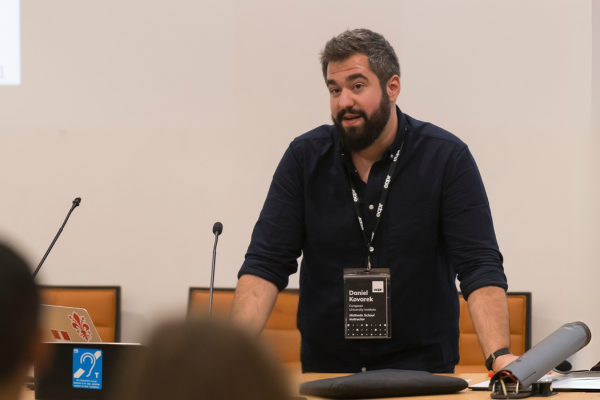
Thessaloniki, Greece
Applied Regression Analysis: Estimation, Diagnostics, and Modelling
When:
26 August - 29 August 2025
Credits:
4 EC
Read more
Political Science
When:
29 June - 06 July 2014
School:
International Political Anthropology Summer School (IPASS)
Institution:
University College Cork
City:
Country:
Credits:
0 EC

Rationality, understood as the principle guiding individual conduct is not only the foundation of contemporary social and political theory, but is also a civilisational matrix. We consider rationality as the ultimate reference point from which everything originates, takes form, and develops for us. For modern thinking, and modern societies, this is taken as the anthropological foundation of both thinking and real life, in a presumably self-evident manner. However, there are two immediate problems with this position. The first concerns our own civilisation and its origins, whether it was rationally founded and developed at all. If rationality is cornerstone of our civilisation, how do we explain irrational forms of foundational conduct, from sacrifice up to other frenzies like wars and revolutions? The second is that by confronting rationality with irrationality we are evidently combining and thus conflating notions – the separation of which, presumably, was the foundation of the modern thinking. If rationality is a norm, what is then its relationship with various forms of the non-rational? Posing such a question immediately renders problematic the self-evident primacy of “rational” as the guiding force of human, social and political conduct, given an inexhaustible round of hazards of force can rightly called irrational, as it destroys the conditions of possibility of rationality.rn rnWith our 2014 Summer School topic “Beyond Sacrifice” the IPA would like to shift the focus from the idea of sacrifice being the “anthropological foundations” of social life, problematic just as instrumental rationality is, and indeed connected to it, to the study of sacrifice as a historical fact. This course, like others by IPA, has no fees for participants.
Dr. Agnes Horvath (Cambridge University)
Post-graduate students, but in some special cases we have accepted also undergraduate students.
With our 2014 Summer School topic “Beyond Sacrifice” the IPA would like to shift the focus from the idea of sacrifice being the “anthropological foundations” of social life, problematic just as instrumental rationality is, and indeed connected to it, to the study of sacrifice as a historical fact.
NO FEES
When:
29 June - 06 July 2014
School:
International Political Anthropology Summer School (IPASS)
Institution:
University College Cork
Credits:
0 EC

Thessaloniki, Greece
When:
26 August - 29 August 2025
Credits:
4 EC
Read more

Thessaloniki, Greece
When:
26 August - 29 August 2025
Credits:
4 EC
Read more

Thessaloniki, Greece
When:
26 August - 29 August 2025
Credits:
4 EC
Read more